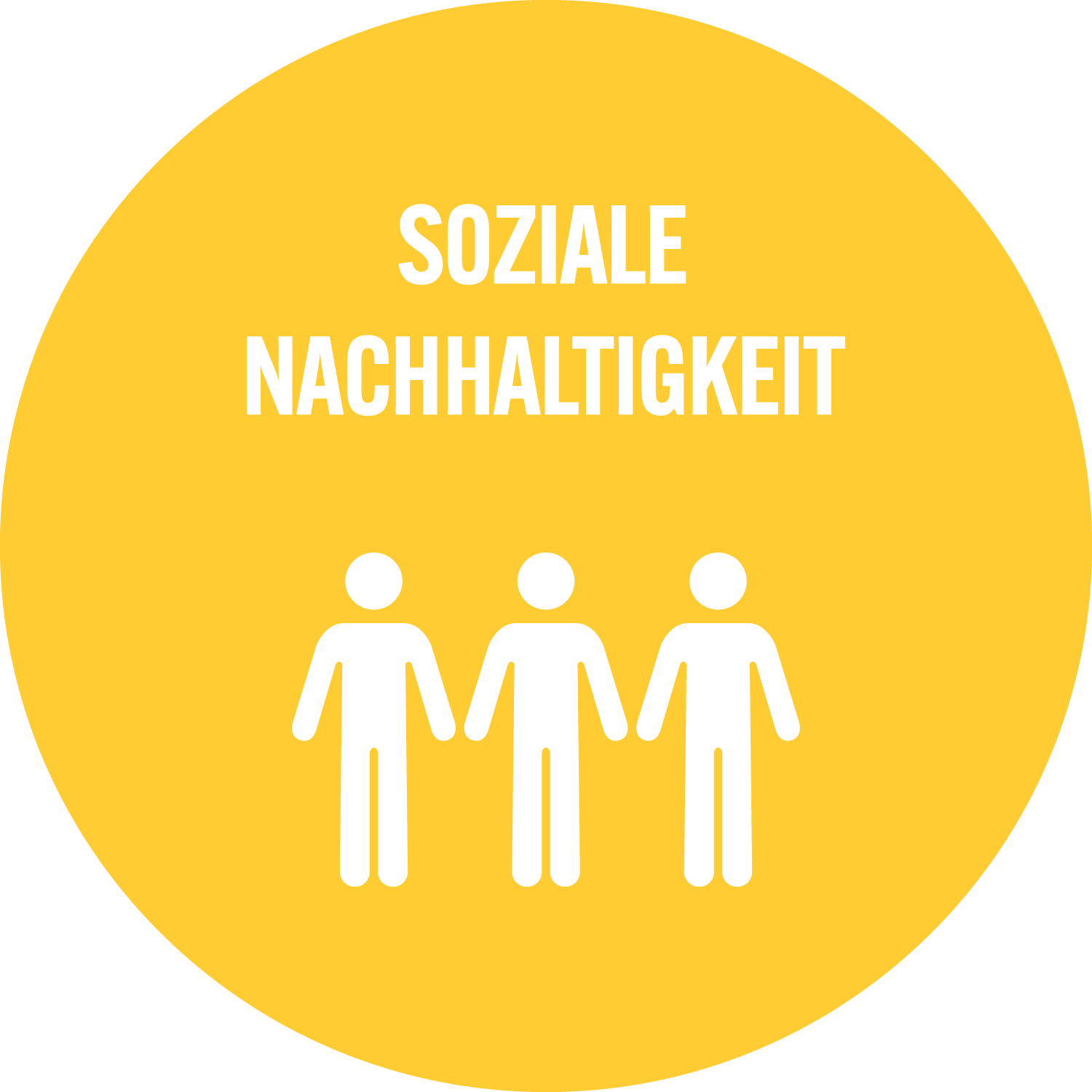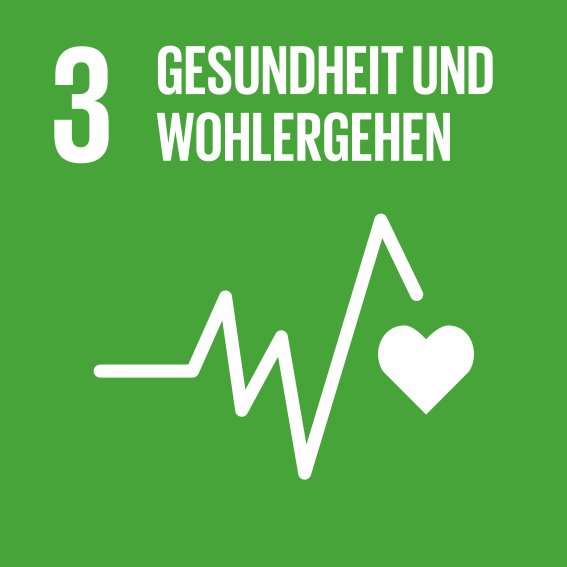|
Health behaviors and mental health during the COVID-19 pandemic: A longitudinal population-based survey in GermanyMata, Jutta ; Wenz, Alexander ; Rettig, Tobias ; Reifenscheid, Maximiliane ; Möhring, Katja ; Krieger, Ulrich ; Friedel, Sabine ; Fikel, Marina ; Cornesse, Carina ; Blom, Annelies G. ; Naumann, Elias
BASE:
Mata, Jutta
;
Wenz, Alexander
;
Rettig, Tobias
;
Reifenscheid, Maximiliane
;
Möhring, Katja
;
Krieger, Ulrich
;
Friedel, Sabine
;
Fikel, Marina
;
Cornesse, Carina
;
Blom, Annelies G.
;
Naumann, Elias
Google Scholar: Mata, Jutta ; Wenz, Alexander ; Rettig, Tobias ; Reifenscheid, Maximiliane ; Möhring, Katja ; Krieger, Ulrich ; Friedel, Sabine ; Fikel, Marina ; Cornesse, Carina ; Blom, Annelies G. ; Naumann, Elias ORCID: Mata, Jutta  ORCID: 0000-0003-2498-5054 ; Wenz, Alexander ; Rettig, Tobias ORCID: 0000-0003-2498-5054 ; Wenz, Alexander ; Rettig, Tobias  ORCID: 0000-0002-3040-7798 ; Reifenscheid, Maximiliane ; Möhring, Katja ; Krieger, Ulrich ; Friedel, Sabine ; Fikel, Marina ; Cornesse, Carina ORCID: 0000-0002-3040-7798 ; Reifenscheid, Maximiliane ; Möhring, Katja ; Krieger, Ulrich ; Friedel, Sabine ; Fikel, Marina ; Cornesse, Carina  ORCID: 0000-0002-5437-2999 ; Blom, Annelies G. ; Naumann, Elias ORCID: 0000-0002-5437-2999 ; Blom, Annelies G. ; Naumann, Elias  ORCID: 0000-0003-1415-0678 ORCID: 0000-0003-1415-0678
|
 |
Eintrag anzeigen |





 Suche Autoren in
Suche Autoren in